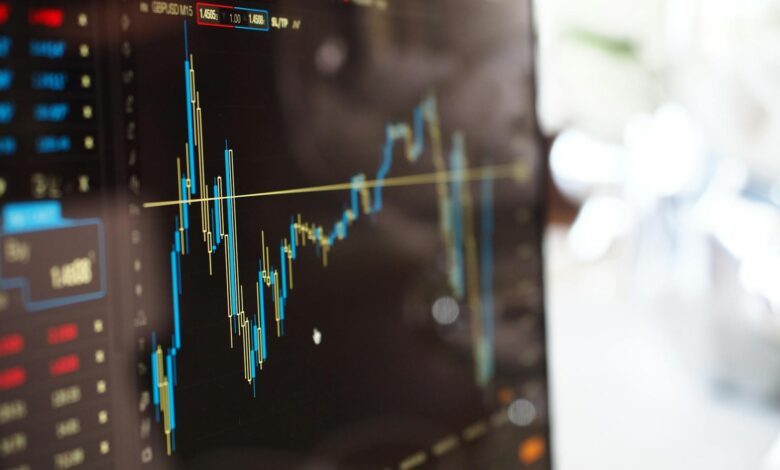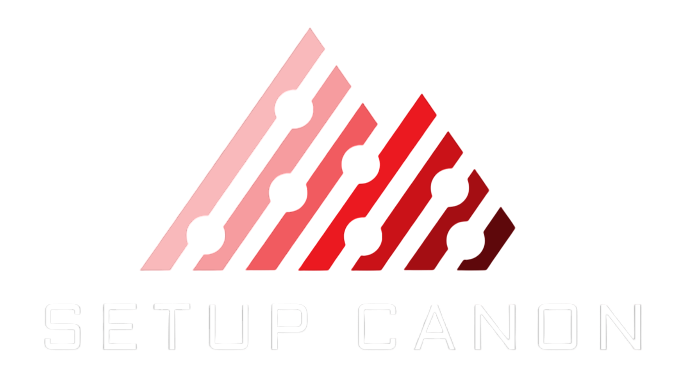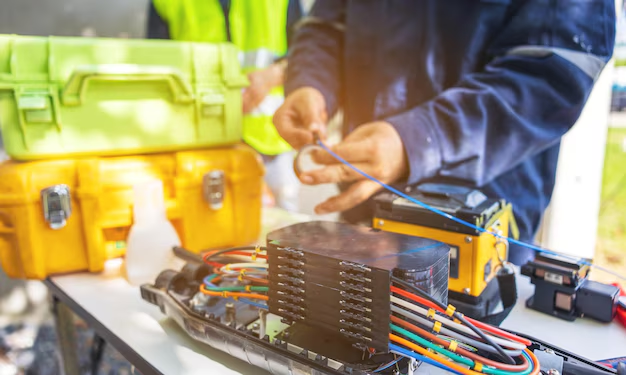Knowing the Value of Online Trading Platforms’ Digital Asset Verification

Digital asset verification is crucial in online commerce, where virtual currency, gaming accounts, social media handles, and digital collectibles are traded. Digital assets are data, making validity and ownership difficult to verify. Fraud, deception, and unauthorized transfers are dangers due to this absence of physical presence. Thus, comprehensive verification mechanisms are necessary to develop confidence and ensure value transfer on these platforms. Participants are vulnerable to scams and conflicts without sufficient controls, undermining a dynamic trading ecosystem. Verifying ownership and authenticity is crucial to each transaction. This is especially important for platforms serving niche internet communities like OGUsers.
Verifying Ownership
The goal of digital asset verification is to prove ownership. For intangible products, this is significantly more involved than simply showing a receipt. Many verification techniques require multiple steps, such as verifying access credentials, checking cryptocurrency transaction histories on blockchain explorers, or cross-referencing unique IDs with digital collectible registries. Buying an asset without strict ownership verification could result in financial loss and legal fights if the vendor never owned it. Platforms use technical and administrative safeguards to protect buyers and sellers from fraud and ensure authentic transfers.

Prevention of Fraud
Online trade might attract criminals because of its anonymity and worldwide accessibility. Fraud prevention is crucial with digital asset verification. Avoiding counterfeit digital items, account transfers, and ownership schemes are all part of this. Strong verification mechanisms, frequently combining automated and human inspections, can discover and flag fraudulent transactions before they cause harm. Strong verification protocols attract more legitimate users and create a safer trading environment. OGUsers and other digital asset communities stress these security procedures.
Gaining User Trust
Trust underpins every effective online trading platform. Users are more likely to participate in active, higher-value exchanges if they trust the assets and transactions. Digital asset verification boosts trust. Buyers and sellers can rest comfortably knowing that a platform conducts rigorous inspections to verify assets. This creates a trustworthy marketplace where investors may trade with confidence, knowing their money is safe from digital risks.
Compliance with regulations
The regulatory environment evolves with digital assets. Online trading platforms are under closer scrutiny by governments and financial authorities to combat money laundering and fraud. Platforms need digital asset verification to comply with regulations. Platforms show their legal and ethical commitment by establishing strong KYC and AML procedures, which frequently include asset verification. This secures users and the platform from legal penalties and reputational damage, maintaining its long-term survival in the financial ecosystem.




